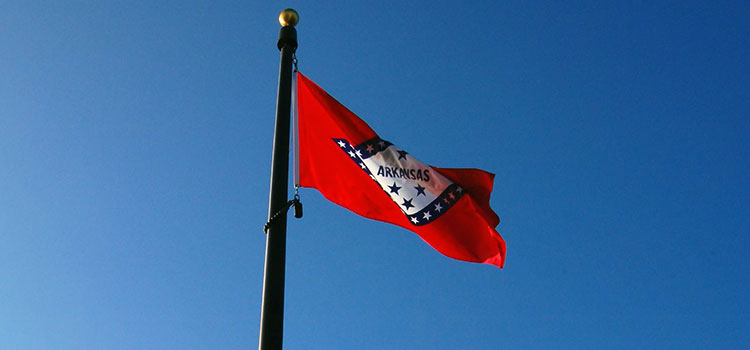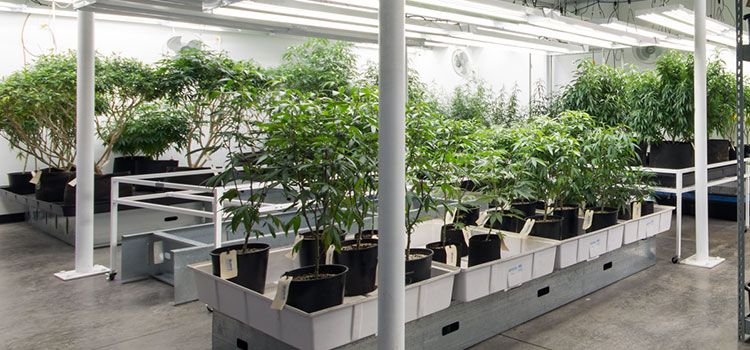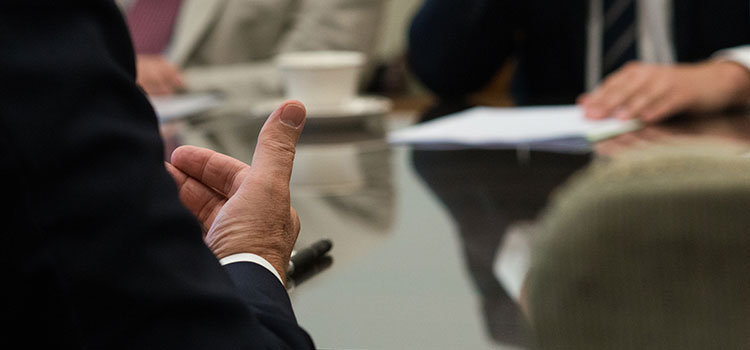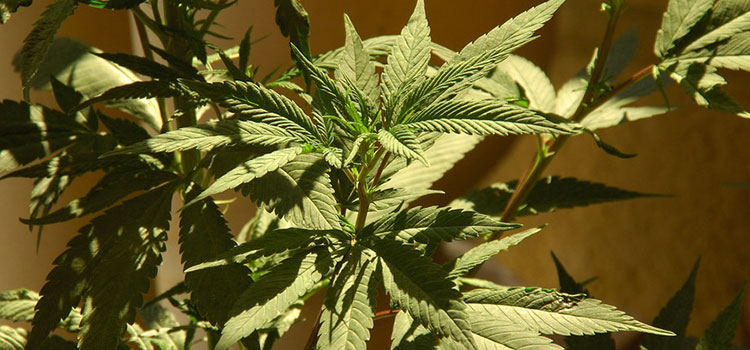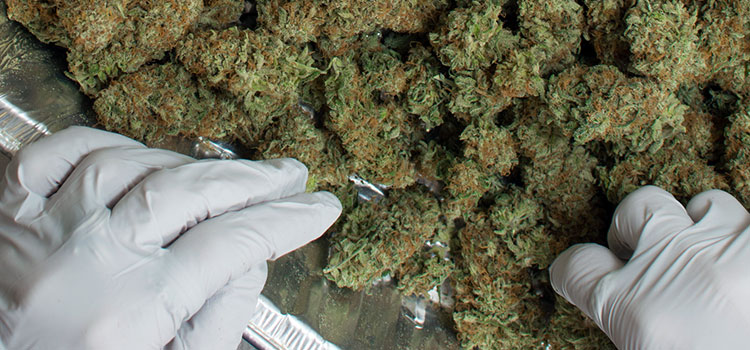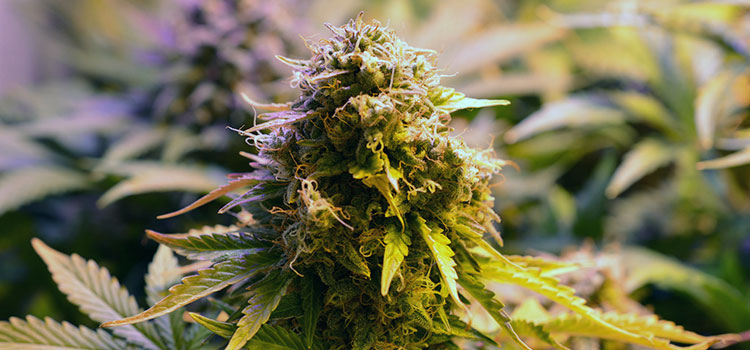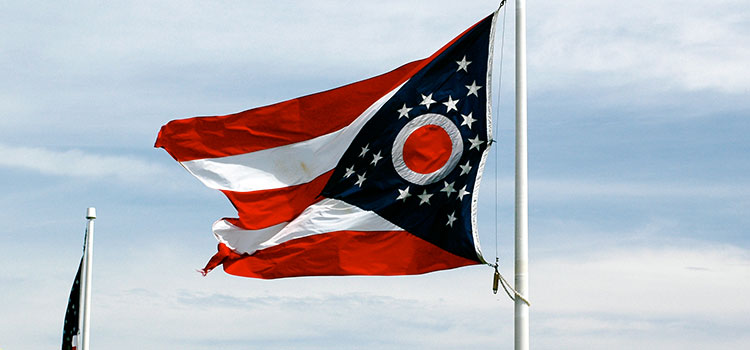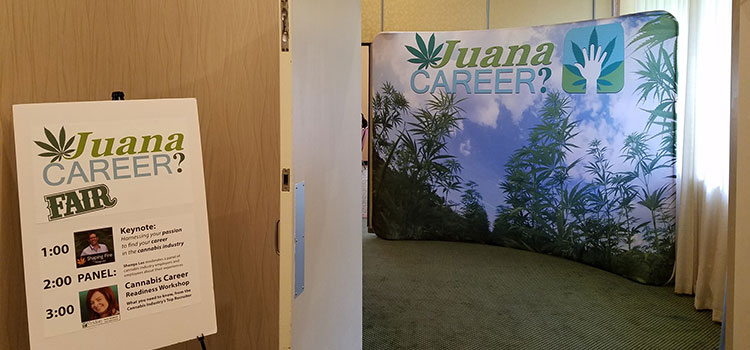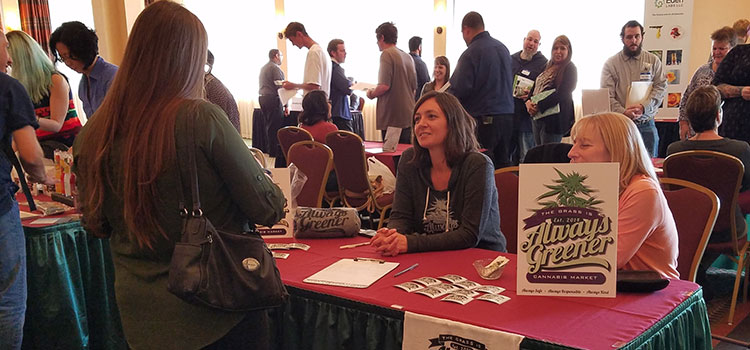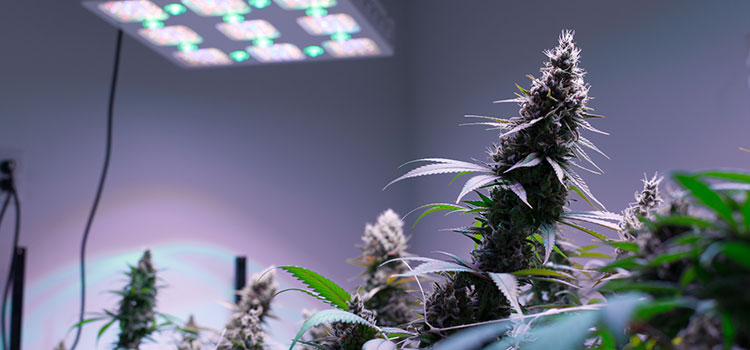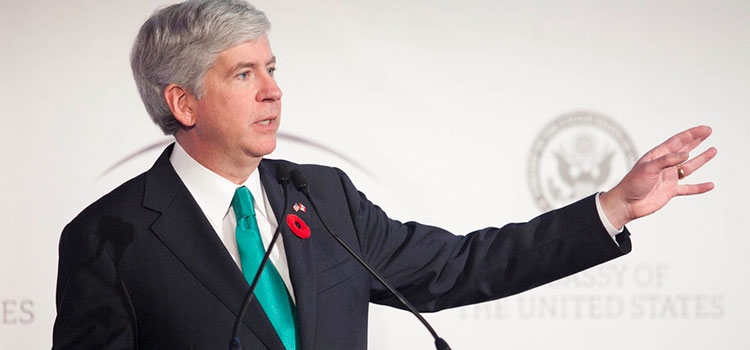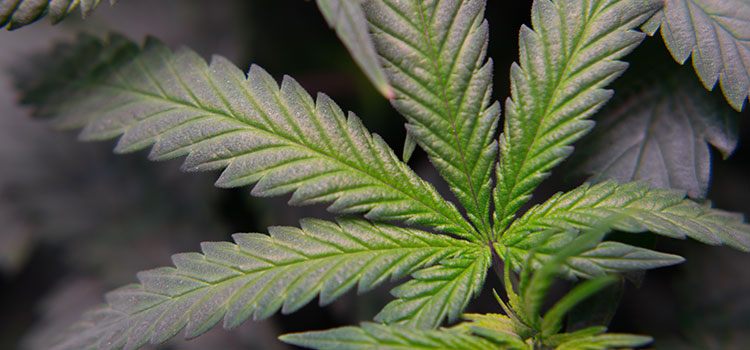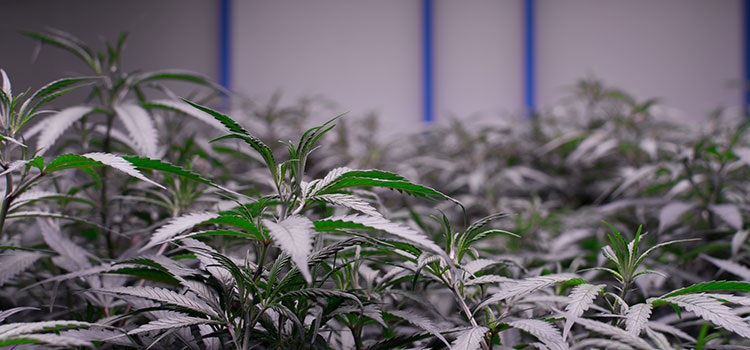Daniel Yazbeck is CEO of MyDX, a company which aims to produce the first widely-used consumer devices for personal chemical analysis. The company’s first device, CannaDX, which he himself created, is geared toward testing cannabis for cannabinoids and terpenes. Retailing at $699, it is a handheld device that accepts small cannabis samples to perform tests on, and it communicates with a smartphone app to display & analyze the data. The company also offers a free certified lab test to anyone who purchases a unit, as a testament to its accuracy.
Daniel recently joined us for a discussion about his company’s invention, how they are tracking user-submitted data to map medical effects to specific chemical profiles, and what advice he has for anyone who is looking to develop technology geared toward the cannabis industry. Read the full interview below!
Ganjapreneur: When did you first begin developing MyDx, and what spurred the decision to produce a personal chemical analysis device?
Daniel Yazbeck: We began MyDx because no device existed that could help patients and consumers better understand and track the chemical composition of cannabis to find a strain that works for them. As we developed the idea of a handheld chemical analyzer, we learned more about harmful pesticides and chemicals in food, water and air. We found that there was currently no practical solution for consumers to understand the chemicals in the food they eat, the water they drink, and the air they breathe. We created the MyDx Analyzer in order to empower consumers to Trust & Verify everything they eat, drink & inhale in an affordable, practical, and real-time manner.
Why launch the product initially for cannabis analysis?
Because there was a clear need for this device in this industry. Also, we strongly believed we were on the right side of history when it comes to the politics of cannabis, and we believed that the cannabis industry needed a friend in science & technology. Hence, we focused our efforts here first.
How does MyDx work?
Chemicals from the sample are exposed to our sensors which react with the chemicals to generate a signal that we detect and report to the consumer via a smartphone app. To learn more about the process, please click here. To watch a video of the device in action, please click here.
Have you run tests to compare MyDx to labs that perform chemical analysis? If so, how does MyDx compare?
Yes, in our trials we found that MyDx tested THC results within a margin of error under 20% when compared to labs for most samples. We have found that our device is very consistent and our feelings prediction engine is also consistent. We have more work to do to improve the accuracy of testing for chemicals like CBD as well as certain terpenes that are critical to the efficacy of cannabis as a plant. More information can be found here.
What is the “feelings prediction engine?” Are you saying, based on the device’s analysis of a sample of cannabis, that you are also able to predict to some degree what kind of effect it will have on the consumer?
Yes we can predict the feelings experienced by consumers with MyDx by measuring a fingerprint of each cannabis sample (its chemical profile) and asking the consumer: “How did this make you feel, and what did it help you relieve?” By crowdsourcing all of this data we are able to predict a feeling based on the chemical profile results generated with MyDx by recalling similar MyDx tested samples in our database and feelings associated with those samples. The more you test samples and associate them with feeling with your personal MyDx Analyzer, the MyAlgorithm feature will become smarter in predicting how each sample will impact you individually v. the crowd.
In the tests you have run to date, is it common for one particular strain/cultivar to always show similar results as far as these feelings predictions go, or does it depend heavily on the particular sample / crop? For example, have all tested samples of Girl Scout Cookies returned similar results, or does it vary from batch to batch?
The chemical profile of different Girl Scout Cookies can vary greatly from batch to batch (assuming you have the same genetics), especially in terms of the terpenes, which can impact the way a sample makes you feel.
How much of a sample is needed to perform a test with MyDx?
50mg.
Are samples destroyed during the testing process?
The chemical composition of the sample will be altered during the testing process.
Do you hold patents on the MyDX device, the technology it harnesses, or the software you have developed?
Yes, we hold patents on our proprietary sensor technology, on the hardware, software and algorithms.
What has been one of the biggest obstacles you’ve faced while developing the technology and launching the company?
In both developing the product and the company, the greatest challenge was trying to factor in everyone’s opinion and still keep the original vision and product on track.
How has the decision to go public changed your daily operations and your business as a whole?
You are running two separate companies, a private company and public company. You have to create a market for your product in the private company, and you have to create in parallel a market for your stock in the public company. It is like running two separate companies that need to work closely together to succeed. For the public company, be prepared for all the legal & regulatory compliance and additional expenses required to operate effectively.
What is the most significant mistake you have made while building the business?
The biggest mistake we made was listening to the wrong people and growing too quickly. Who you listen to is probably the most fundamental influencer of the success of your company. Every decision you take will catch up to you, you will be dealing with the clean up of that decision or celebrating the result. Listen to the right people and follow your gut or it will take you a lot longer to reach your goal, assuming you have the determination to do so.
What’s next for MyDX?
MyDx is now focused on deploying the AquaDx Sensor (tests for harmful chemicals in water), the AeroDx Sensor (tests for harmful chemicals in air), and the OrganaDx Sensor (tests for pesticides in fruits and vegetables, as well as cannabis). After that is complete, we plan to come back and launch CannaDx 2. We will make announcements of what this will look like in due time. Stay tuned.
How do you think portable chemical analysis devices such as MyDx will affect our daily lives over the next 5 years?
They will empower consumers to trust & verify in a practical way what they put into their mind and body for the first time in history. Furthermore, the data generated by MyDx consumers worldwide will be shared globally to improve people’s lives by allowing them to see the chemical composition of what they eat drink and inhale.
How about the next 20 years?
You will have something like the “tricorder” from Star-Trek and you will be able to put in any sample and it will tell you the chemical composition.
What do you think the future of the cannabis industry looks like?
The cannabis industry will become more mainstream. Companies will mature and provide a more consistent product to consumers that are more tailored to their specific needs. Samples will be delivered to your doorsteps with ease, the Amazon of cannabis will emerge. You will order by design (once there is more understanding of the chemical profile of cannabis samples and how it impacts individuals reactions to that sample, patients will be able to tailor their medicines in a very sophisticated manner so they can achieve the exact desired goal.
What is one piece of advice that you would give to someone with a technology background who is interested in finding a cannabis career?
Find a need and go fill it, make sure the technology you choose is robust enough to accommodate the variability you will encounter in the field when consumers get their hands on your device. Consumers are lazy and will always follow the path of least resistance: make it easy or it will fail.
Thank you, Daniel, for taking the time to answer our questions and bring this information to light! If you have more questions about MyDx, you can visit the company website at www.cdxlife.com. You can also learn about their upcoming water sensor technology, AquaDX. This month, free shipping is available and customers may use the coupon “MYDXISO” for a $50 discount. As mentioned in the introduction, a free certified lab test from SD Pharm Labs is available to anyone who purchase MyDx.
